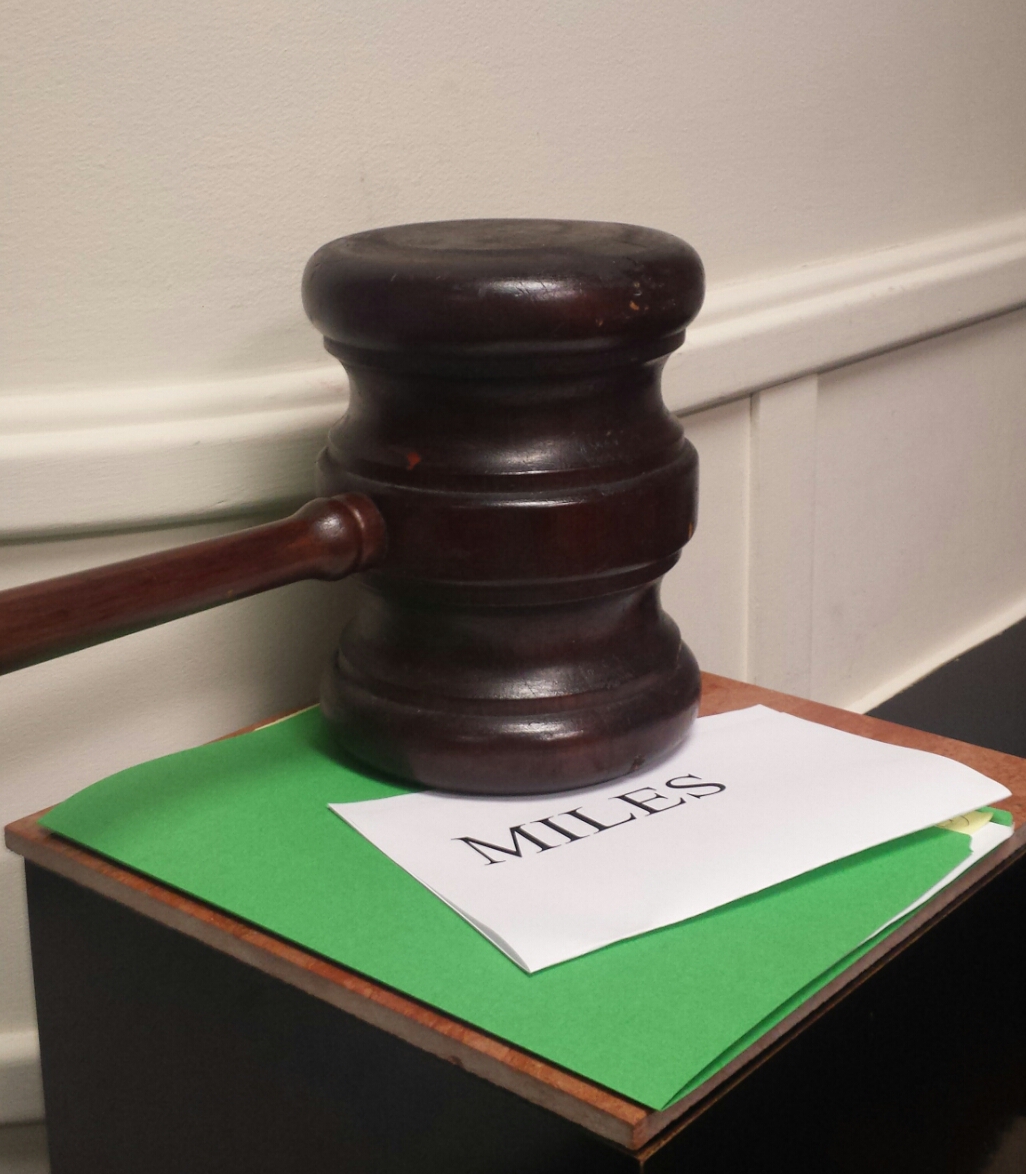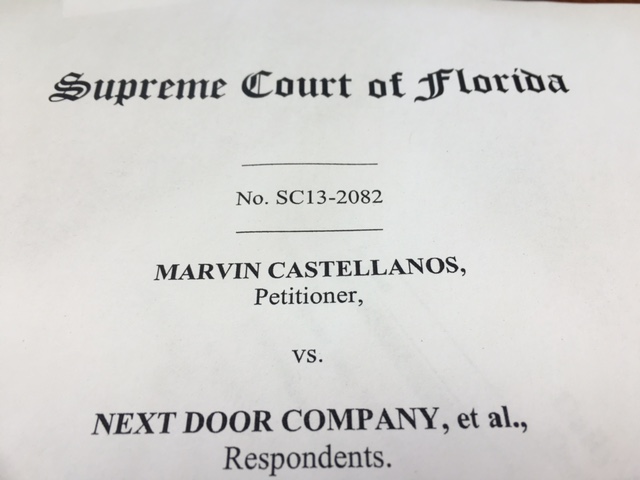 Hearing loss under the Longshore and Harbor Workers’ Compensation Act, as extended by the Defense Base Act, is compensated under Section 8(c)(13) as a scheduled injury, resulting in a scheduled award. It is a traumatic injury in that the harm occurs immediately upon exposure.
Hearing loss under the Longshore and Harbor Workers’ Compensation Act, as extended by the Defense Base Act, is compensated under Section 8(c)(13) as a scheduled injury, resulting in a scheduled award. It is a traumatic injury in that the harm occurs immediately upon exposure.
Hearing loss is determined by the use of a professional audiologist who will perform an audiogram. The audiogram will show the percentage loss of hearing in each ear, and that can then be used to determine your overall hearing loss.
There are two types of hearing loss under Section 8(c)(13). The first is monaural hearing loss, which simply means a loss of hearing in one ear. A 100% loss of hearing in one ear results in 52 weeks of compensation at the appropriate compensation rate. For example, if you have a 30% loss of hearing in one ear only, you will be paid for 15.6 weeks of compensation at the appropriate compensation rate(30% of 52 weeks).
 Florida Injury Attorneys Blog
Florida Injury Attorneys Blog






 urts. The Florida Supreme Court said that the injured worker could have 5 years or 525 weeks to receive benefits for lost wages based on an earlier constitutional statute. Those weeks do not have to be sequential.
urts. The Florida Supreme Court said that the injured worker could have 5 years or 525 weeks to receive benefits for lost wages based on an earlier constitutional statute. Those weeks do not have to be sequential.
